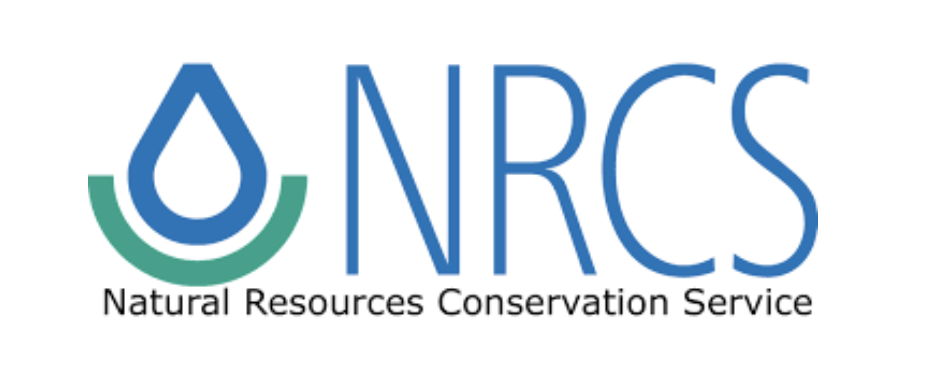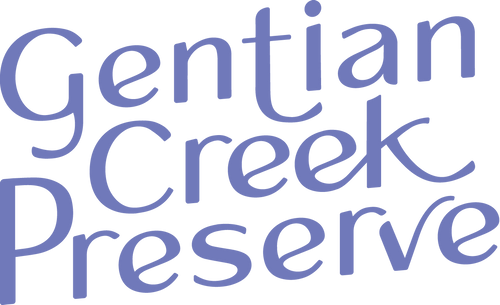Lab Mission Statement
My research focuses on predator-prey interactions in agroecosystems, with a particular interest in prey selection and environmental effects on natural enemy populations. Generalist predators, those that consume many different pests or other arthropods, are important components of natural biological controls present in agricultural landscapes. The role of different naturally occurring biological control species and interactions between different natural enemy groups is an exciting area with widespread importance to management of production systems. In this area of research, the lab will work on a broad range of topics that test for the interactions between species and the effects of proposed biotechnical and integrative pest management strategies on beneficial arthropod populations and biological control.
This lab uses a multidisciplinary approach, incorporating molecular, and chemical ecology tools, behavioral laboratory bioassays and microscopy, as well as on-farm and manipulated field experiments to study predatory arthropod communities and biological control at multiple levels. I am excited to build new collaborations here in the southeast to form multi-disciplinary teams that work to expand our scientific understanding of biological controls, and work closely with growers, industry and the business community to promote improved pest management and sustainability through biological control.

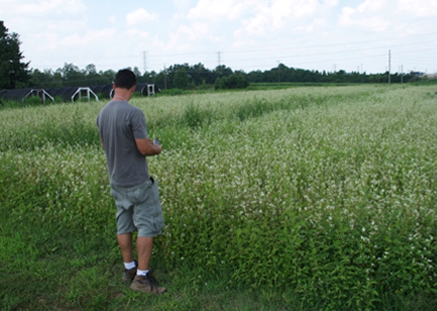

The lab will focus research initiatives at multiple scales linking farmscape diversity, border habitat, and within field management to improving sustainability and biological control.
Our research is grounded in the ecology of predator-prey interactions, and we study a variety of naturally occurring and commercial predaceous arthropods.




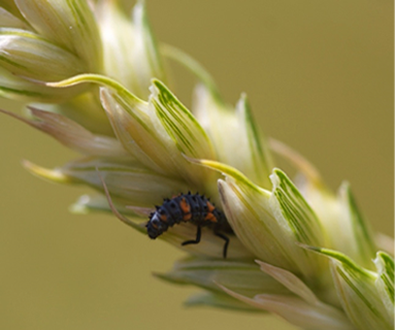
Current Projects
Pollinator habitat enhancements in Georgia’s level III ecoregions
(USDA-NRCS NR254310XXXXC004 Pls Schmidt and Pennisi)
What‘s with all the flowers?
At Mercier Orchards, we’ve partnered with The University of Georgia to study how to build thriving pollinator habitats and explore the intricate relationships between plants and beneficial insects. Current study is funded by NRCS to focus on ecoregion habitat enhancements to provide technical assistance for the continued growth of conservation for pollinators and natural pest managers (predators and parasites of insect pest) Pollinators and are the unsung hero’s of our agriculture and natural ecosystems. Bees, butterflies, beetles, flies, and wasp play essential roles in plant reproduction by transferring pollen from flower to flower and making fruits and seeds. Without pollinators, many of the food we take for granted – like apples, tomatoes, berries, and almonds – would be scarce. Other insects, like wasp, kill harmful plant pests and help reduce pesticide inputs. Native flowers provide food as nectar and pollen, and the habitat insects need to thrive. Milkweed supports monarch butterflies, goldenrods attract bees and flies, while mints and coneflowers provide nourishment for wide range of beneficial insects. We have planted 40 kinds of native wildflowers and grasses at the orchard to study how they establish and grow, which insects they attract, and what makes both plants and pollinators successful partners. Our long-term goal is to help growers manage a healthy, productive and profitable enterprise in a thriving landscape.
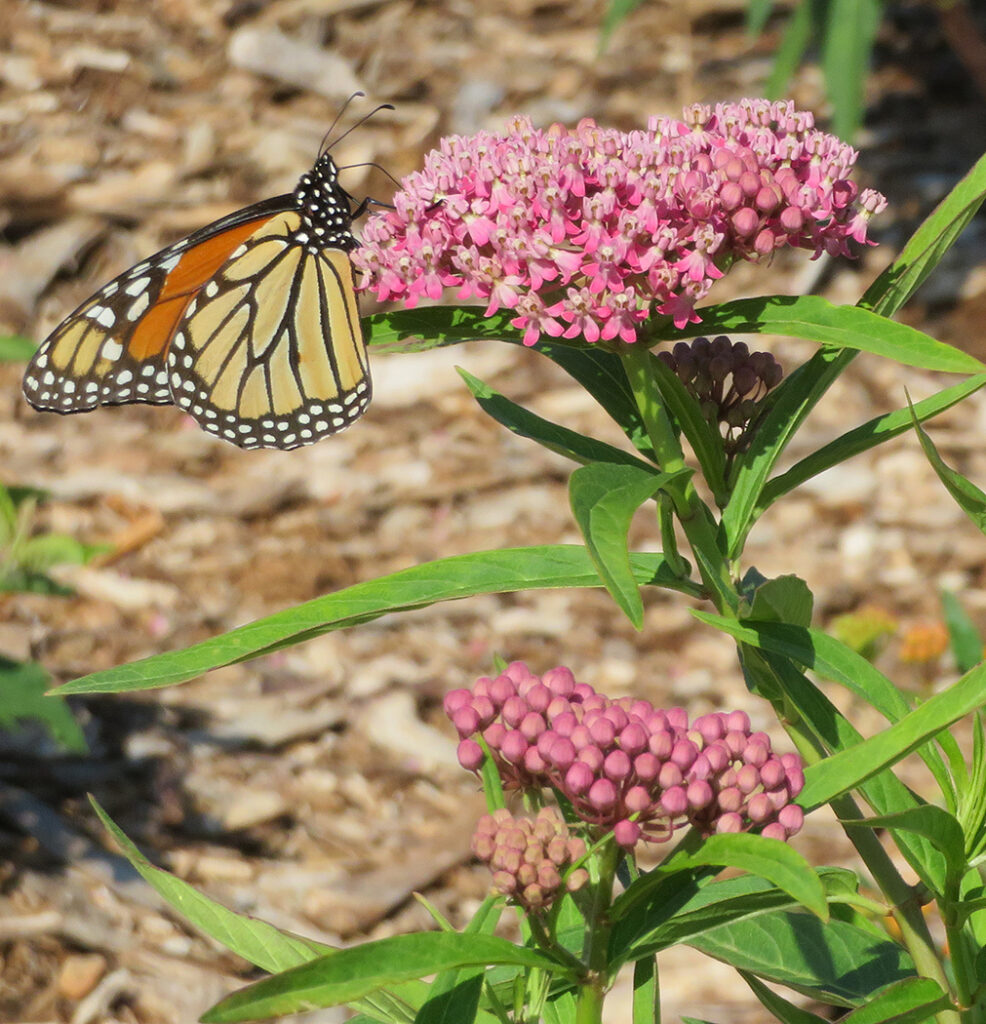
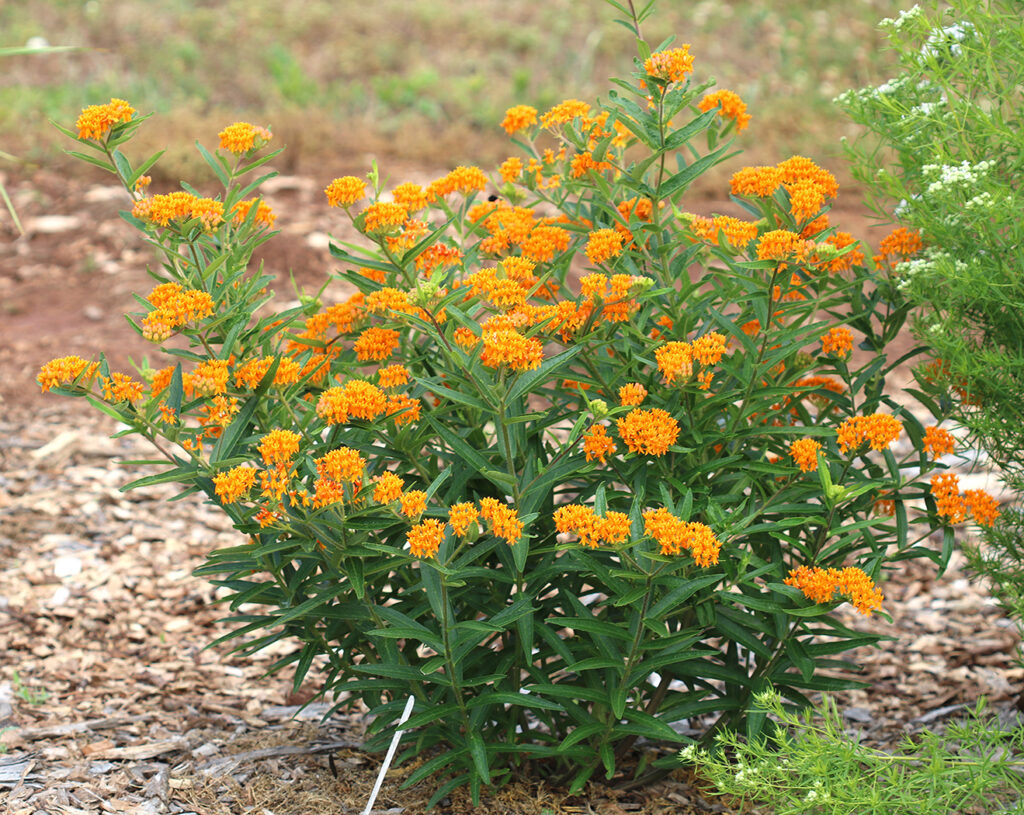
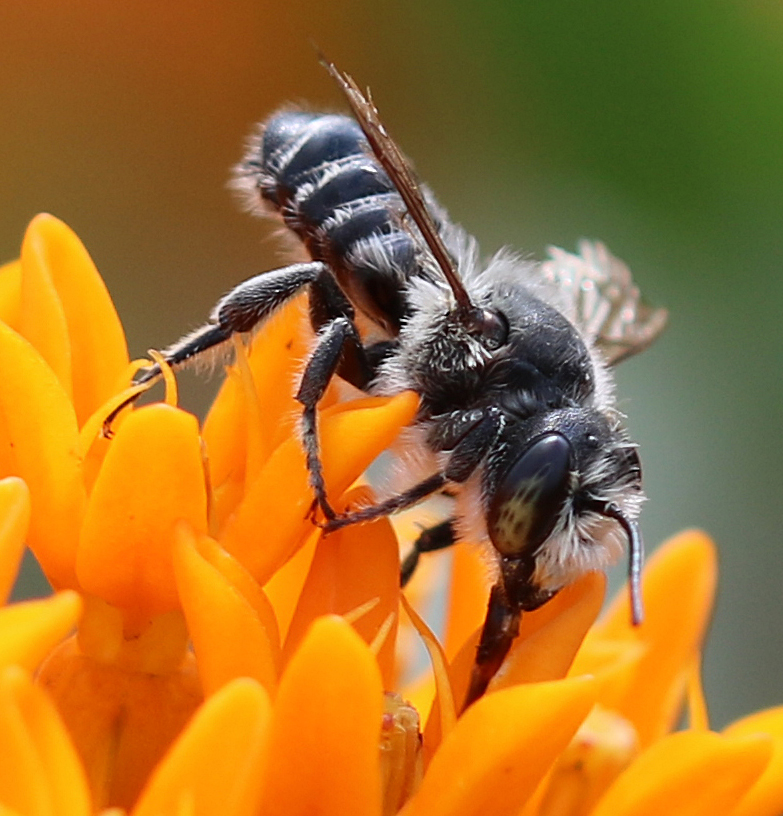
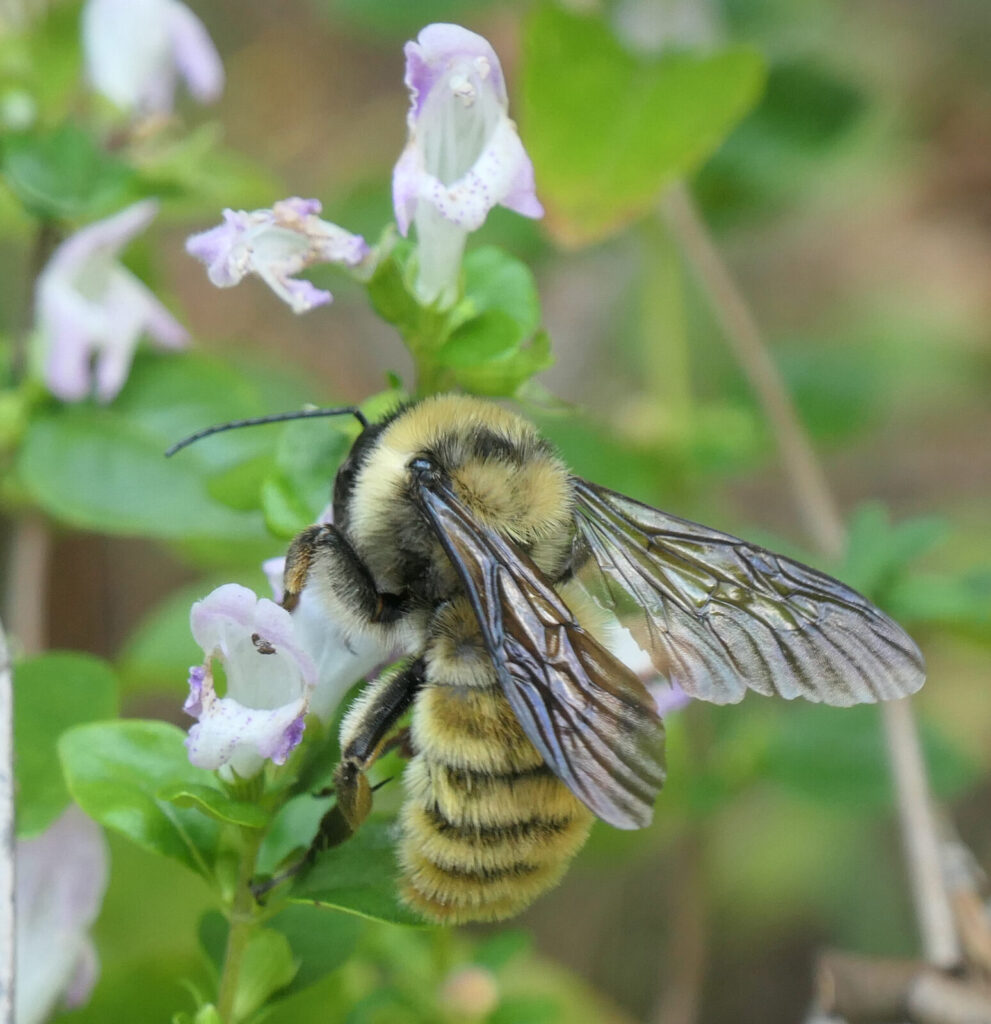
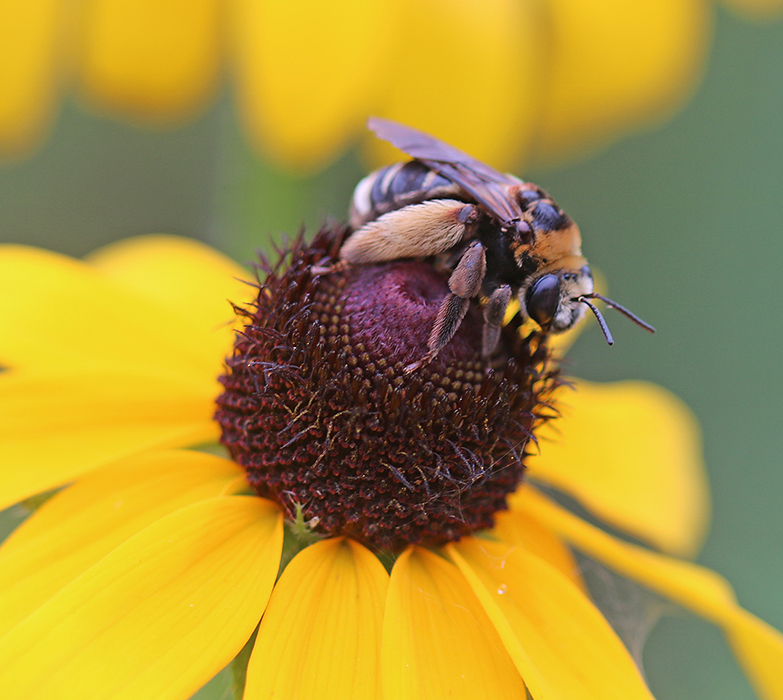
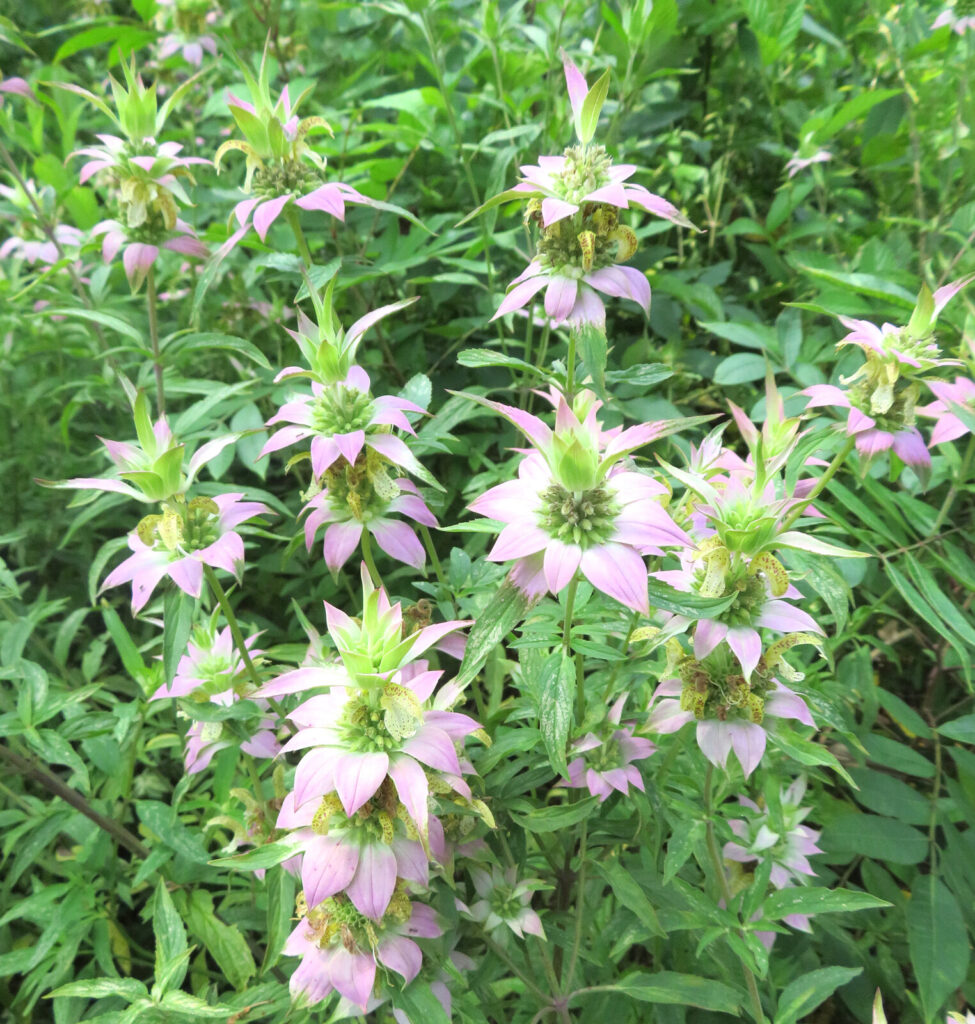
Solar Pollinator Habitat and Ecosystem Services in Georgia
(NREL- Lead Schmidt)
With the current growth of land to solar production systems, a question arises of how best to maximize land use within the solar array. A goal of the industry is to make these spaces multifunctional (see recent overview of broader project) Current project is a partnership with SolAmerica at the Carter solar array in Plains, GA where we are using this site as a test case for establishing pollinator habitat areas within and around solar arrays as one aspect of building multifunctional diverse areas within solar projection systems.
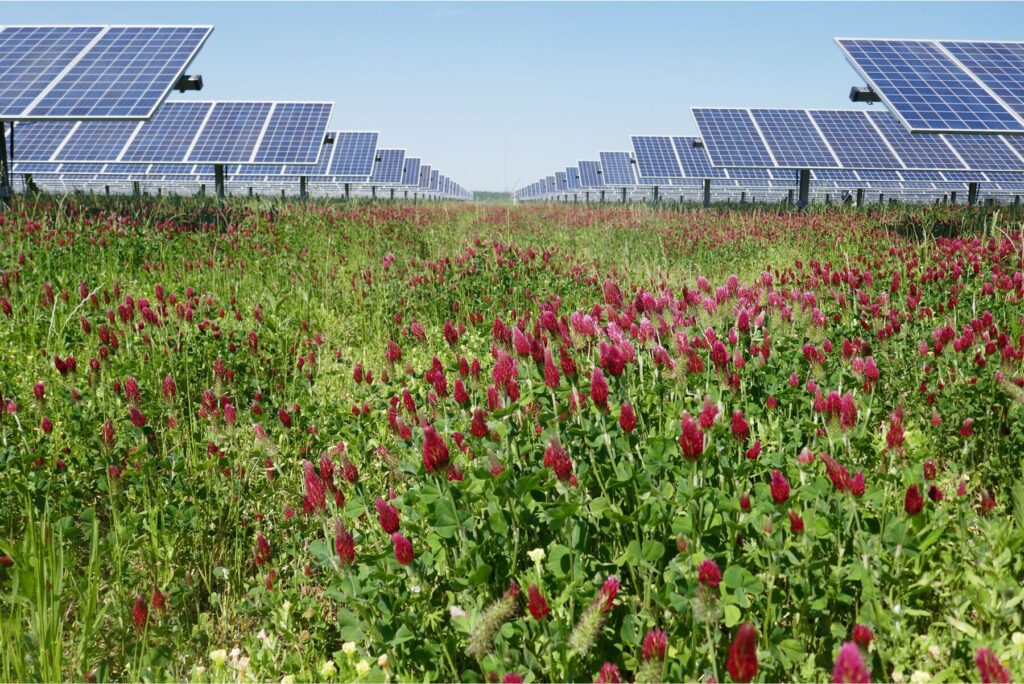
Pest management using novel bacteria toxins with pecan as a model crop system
(AFRI-Shaochi Wu as lead)
Goal of this project is enhancing biorational use in pecan systems and studying the compatibility with biological control. Schmidt biocontrol lab is focused on the potential non-target effects or compatibility with parasitoids and other trophic interactions common in pecan systems.
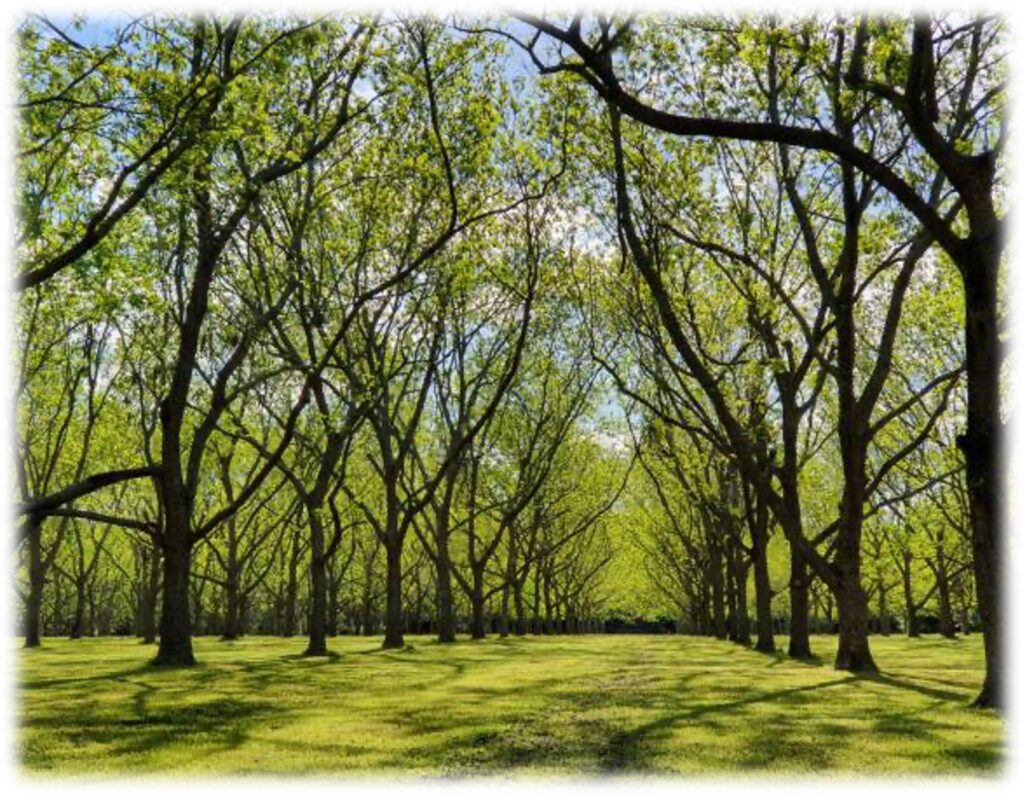
Onion- IQ: improving quality, resilience, soil health and food safety in organic onion in the southeastern and southwestern U.S
(OREI-Bhanhesh Dutta as lead PD)
Overall goals of project are to improve weed control and reduce disease in onions while simultaneously working to preserve soil health and biodiversity of onion growers. Aspect the Schmidt biocontrol lab is working in collaboration with researchers on this project is using metabarcoding as an indirect measure of soil management. For past work on natural enemies this publication, Lenon et al. Follow the progress of this project on the eOrganic Onion website.
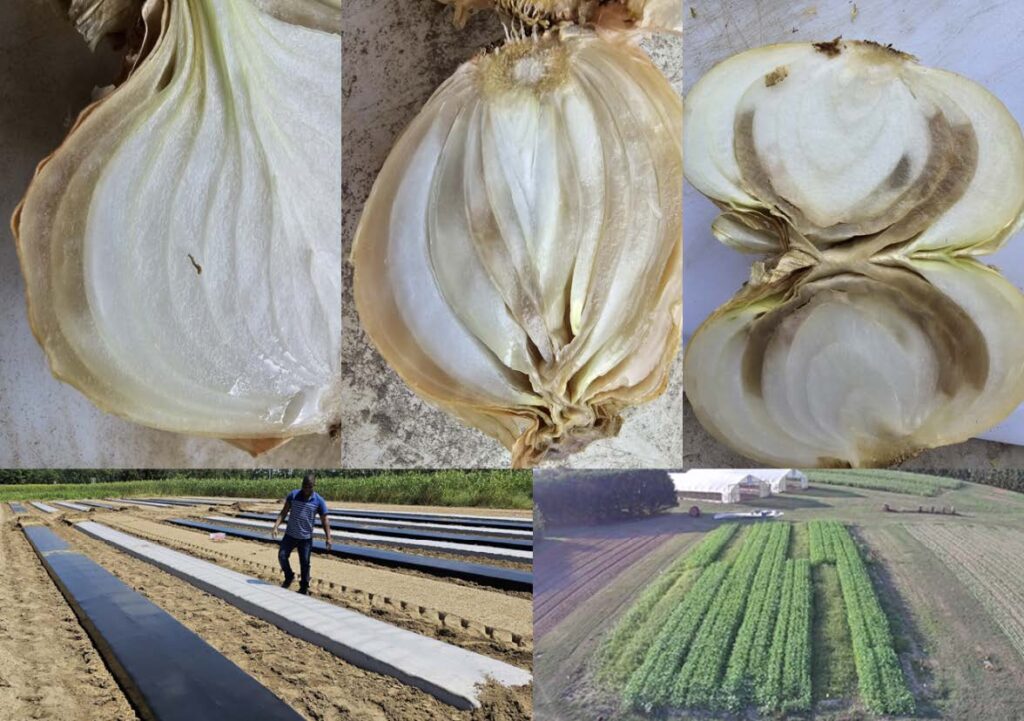
Developing Sustainable Pest Management Solutions in Vegetable Crops: advancing biological control knowledge
This is a large multidisciplinary team working on all aspects of improved whitefly management within the vegetable production landscape of Georgia. Schmidt teams specifically focuses on biocontrol, and advancing knowledge of communities of biological control agents and their functions both in vegetable and in associated alternative host such as cotton. The reason for the focus on both vegetable and cotton is that vegetables are grown in a “sea” of surrounding cotton projection, and whiteflies use this habitat for reproduction.
Other Publications
This collection of publications focuses on the role of beneficial insects and native plants in sustainable agriculture and conservation, particularly in Georgia. They highlight the importance of wild bees pollinating fruit crops like apples and blueberries, as well as the role of natural enemies – such as predatory and parasitic insects in managing pest populations. Additionally, the list of publications includes guides on native wildflowers, trees, shrubs, and woody plant that support pollinator health and biodiversity.
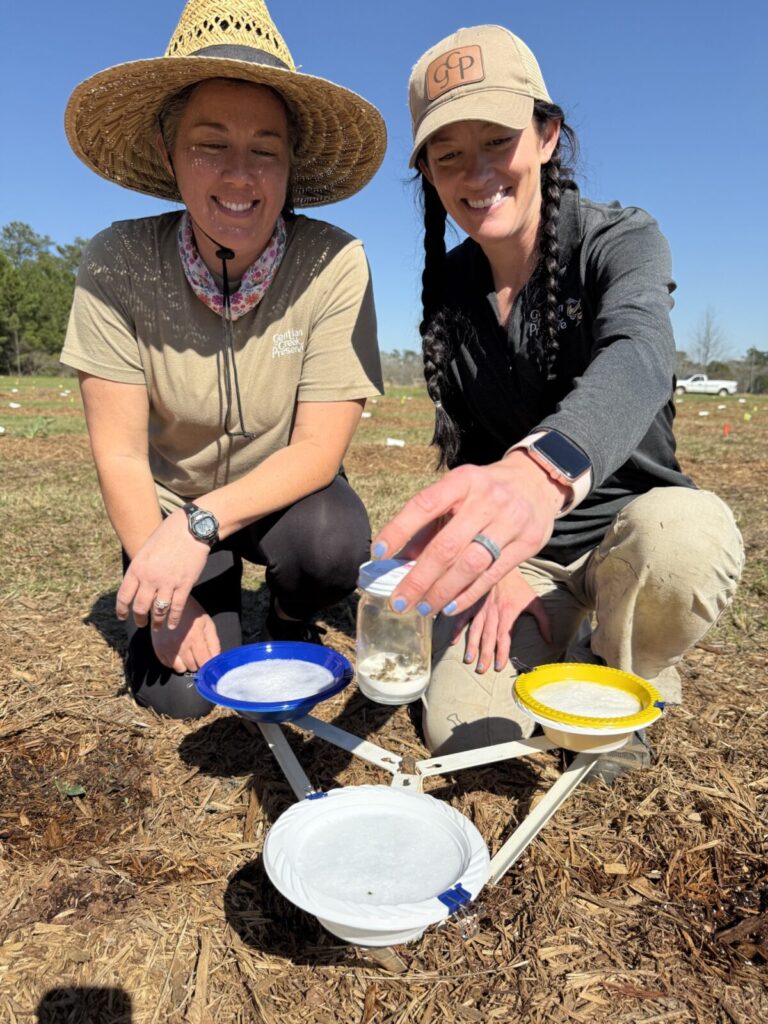
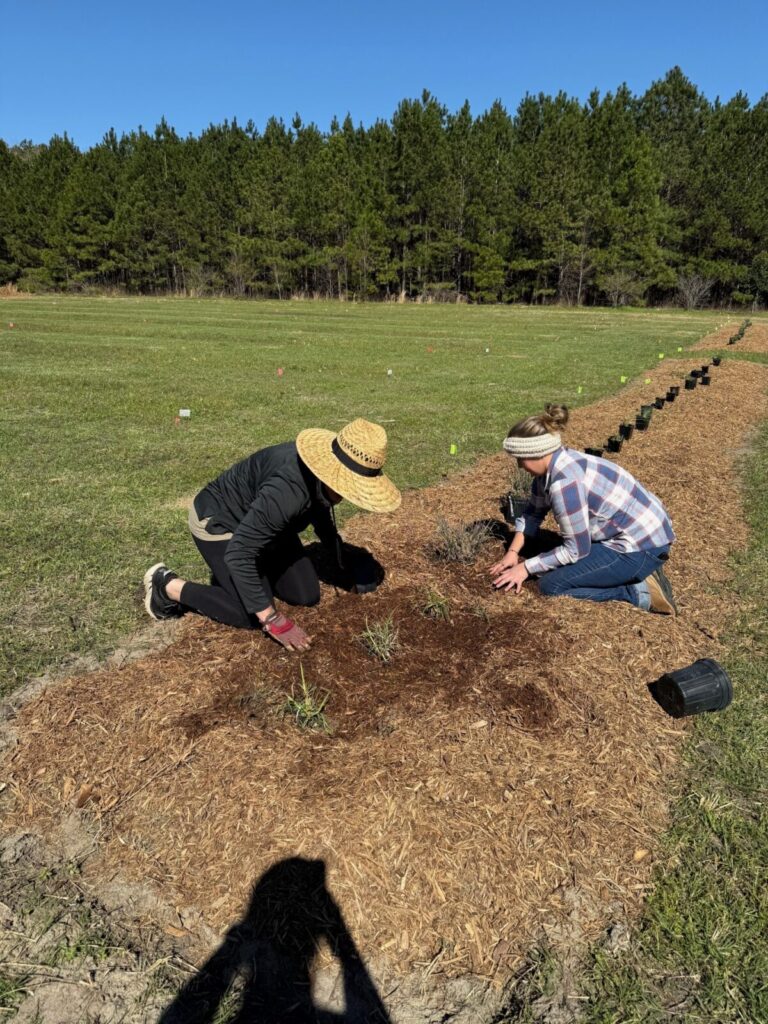
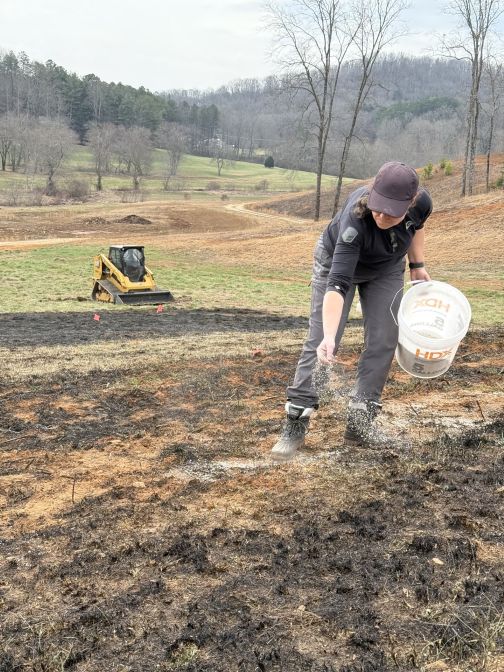
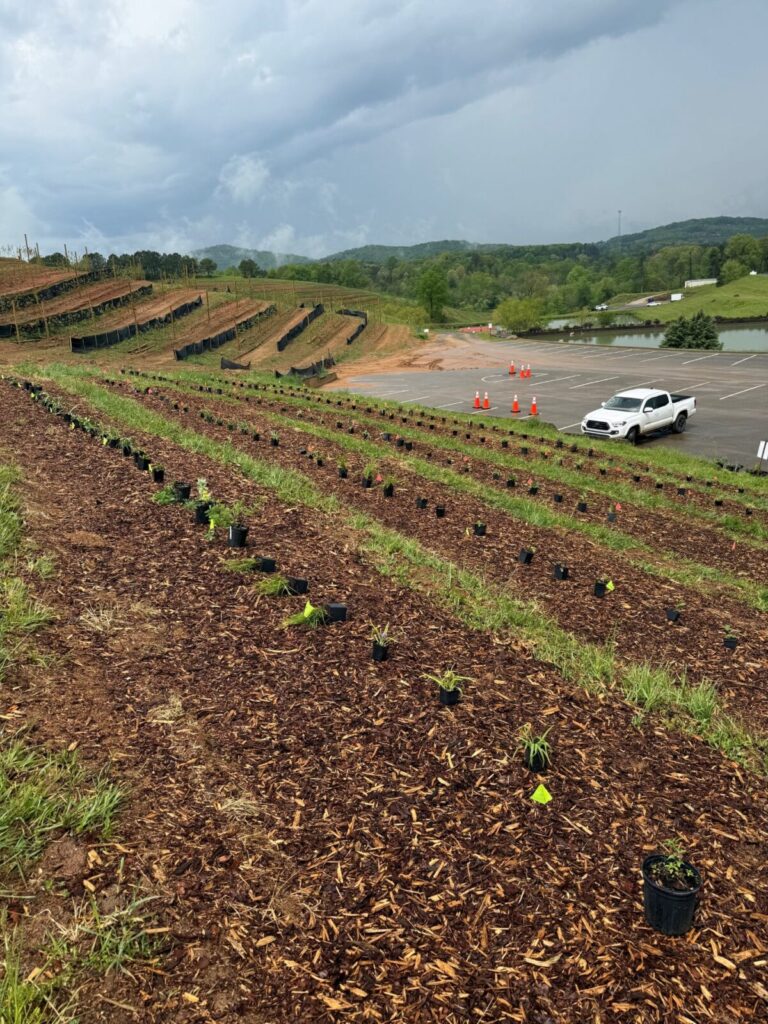
Partners
